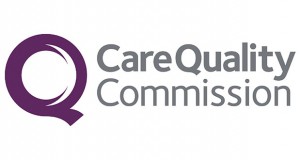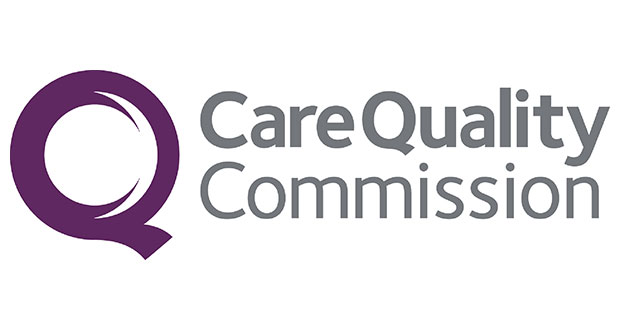Regulator’s Approach To Fees Is ‘Damaging Good Care’

The Care Quality Commission (CQC) has announced an increase in the fees charged to providers. The Voluntary Organisations Disability Group (VODG) strongly opposes this measure.
VODG chief executive, Professor Rhidian Hughes said:
“Alongside CQC’s strategy consultation this latest announcement does little to strengthen the regulator’s commitment to efficiency and cost control. The sector cannot withstand further financial pressures, and the fee increase represents a very significant additional burden on services”.
“The outcome of CQC’s statutory consultation seems to have been ignored and the announcement comes just days before the new fees come into force. This is no way to regulate the sector”.
Social care providers are handing contracts back to local authorities because of the growing chasm between the cost of delivering high quality care and the price local authorities are prepared to pay. Five years of funding reductions total £4.66 billion, which represent cuts of 31% in real term net budgets for adult social care.
In this context, the health and adult social care regulator, the CQC, will increase its charges to social care providers over a two year period (with the exception of home care). Underpinning today’s announcement is an approach by the regulator aiming to fully recover its costs through charges. This approach fails to recognise that regulation is in the public interest and therefore should be jointly funded, both by the public purse and by providers. CQC is currently rating only 4% of adult social care services as “inadequate”. This means 96% of the adult social care market are cross-subsidising 4% of the worst performers.
Good providers want to protect high quality care. This is why they make difficult decisions to hand back contracts rather than introduce risks in an already fragile marketplace. Providers, along with commissioners and the public, all benefit from a robust regulator prepared to take a stand against underperforming services. However, challenging poor care should not be undertaken at the expense of good quality services. A fair approach to CQC fees is needed: one which reflects the public interest in the regulation of care providers and which is more accurately based on the true cost of inspecting individual services.






